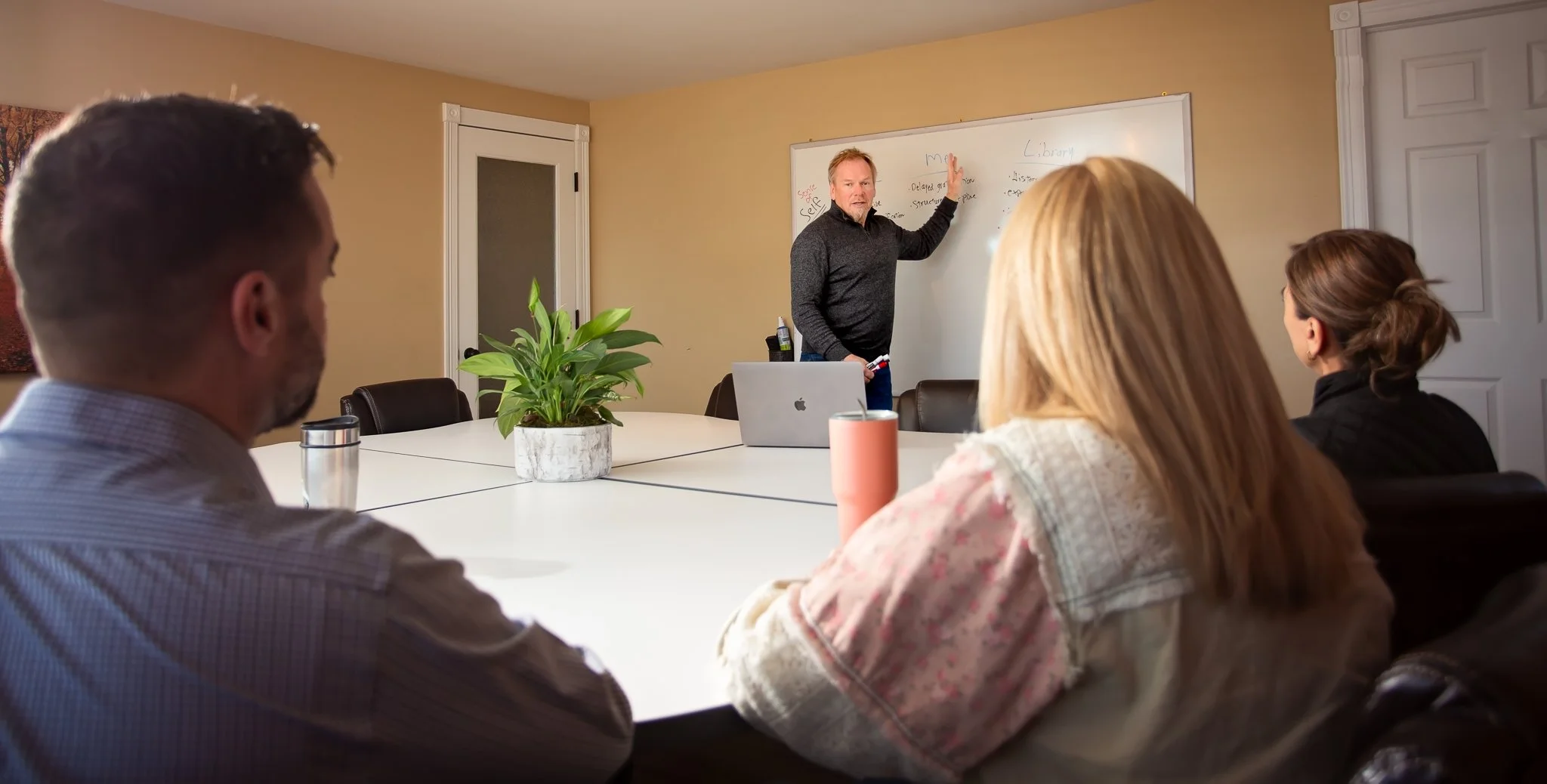Therapy
In session, we’ll actively co-create a toolkit to assist the journey from where you are to where you are going. Learn more about the types of sessions I offer, including methods and mental health approaches we’ll pull from to create personalized, effective counseling.
Sessions available
Click on any of the offerings to see more details and hourly rates.
-
I work as an active co-creator with clients to explore past influences to present barriers and strengths. We’ll apply tools from treatment toward the systems and goals you seek to establish and maintain.
Location | Online or in-person*
Hourly Rate | $150
*Note sessions for men’s issues or substance abuse are only available in person.
-
Drawing on evidence-based approaches, build a higher level of communication and resonance in the relationship. We explore emotional depths to yield benefits as individuals and as a couple.
Location | Online or in-person
Hourly Rate | $150
-
Location | Online or in-person
Hourly Rate | $150
-
I offer in person and virtual groups for a variety of areas of interest, including but not limited to: couples, relationships, and drug and alcohol issues.
Location | In-person
Group Rate | $40 per group member
-
We’ll start by taking history, making sure you’re ready for EMDR - aka assessing the window of tolerance - and develop a treatment plan.
As part of the plan, we’ll identify memories and beliefs for processing. These include but are not limited to, recent distressing events, current situations that elicit emotional disturbance, related historical incidents, and the development of specific skills and behaviors you’ll need for resilience in future situations.
Preparing for an EMDR Session
Preparation for EMDR includes learning RDI (resource development and installation) before your first EMDR session. RDI is like a life jacket if you were jumping into deep water.
Location | Online or in-person
Hourly Rate | $150
-
EMDR intensives are designed for clients who have built a strong foundation of resources to address issues in a more condensed time frame.
We work together to formulate a treatment plan designed to use EMDR therapy and talk therapy unique to each client over a series of consecutive days.
Location | Online or in-person
Custom Offering | Contact for Rates
Training & supervision for therapists
I offer EMDR training for therapists looking to hone their skills, as well as supervision for LAC, CPC, & EMDR certification.
Tapping into the benefits of EMDR
What is EMDR?
Eye Movement Desensitization and Reprocessing (EMDR) is a scientifically-backed therapeutic modality that integrates the body and mind, empowering people to process trauma and distress.
Unlike normal memories, traumatic memories store in more primitive areas of our brains that are generally associated with physical processes in the body. This makes them difficult to access through traditional therapy. As they linger, they can cause fear, anger, and other sensations that disrupt our lives and promote problematic behaviors.
Through EMDR, we can tap into those memories and make it safe to process what’s stored in the body through the rational parts of the mind. It’s a structured protocol I’ve found extremely effective for treating a variety of emotional and psychological maladies.
How it works in session
We’ll target the most vivid visual image related to the memory (if available), a negative belief about self, a preferred positive belief, as well as any emotions or bodily sensations that may arrive.
Using stimulation that alternates from left to right (bilateral stimulation), EMDR prompts the movement of memories from more primitive areas of the brain to the rational part of the brain where they are properly processed. We can apply bilateral stimulation using eye movements, hand-held buzzers, auditory tones, and tapping exercises.
Clients generally experience the emergence of important new insights or associations during processing. Afterward, the distress related to the memory is greatly decreased and often eliminated, resulting in lasting emotional and behavioral change.




